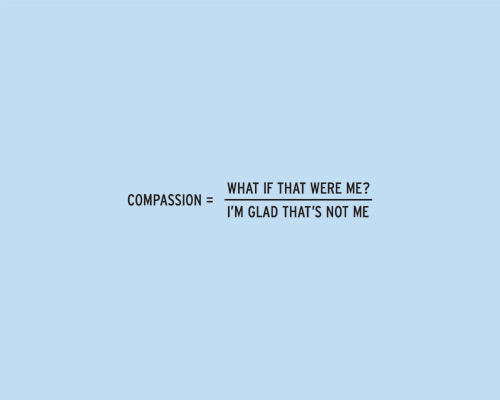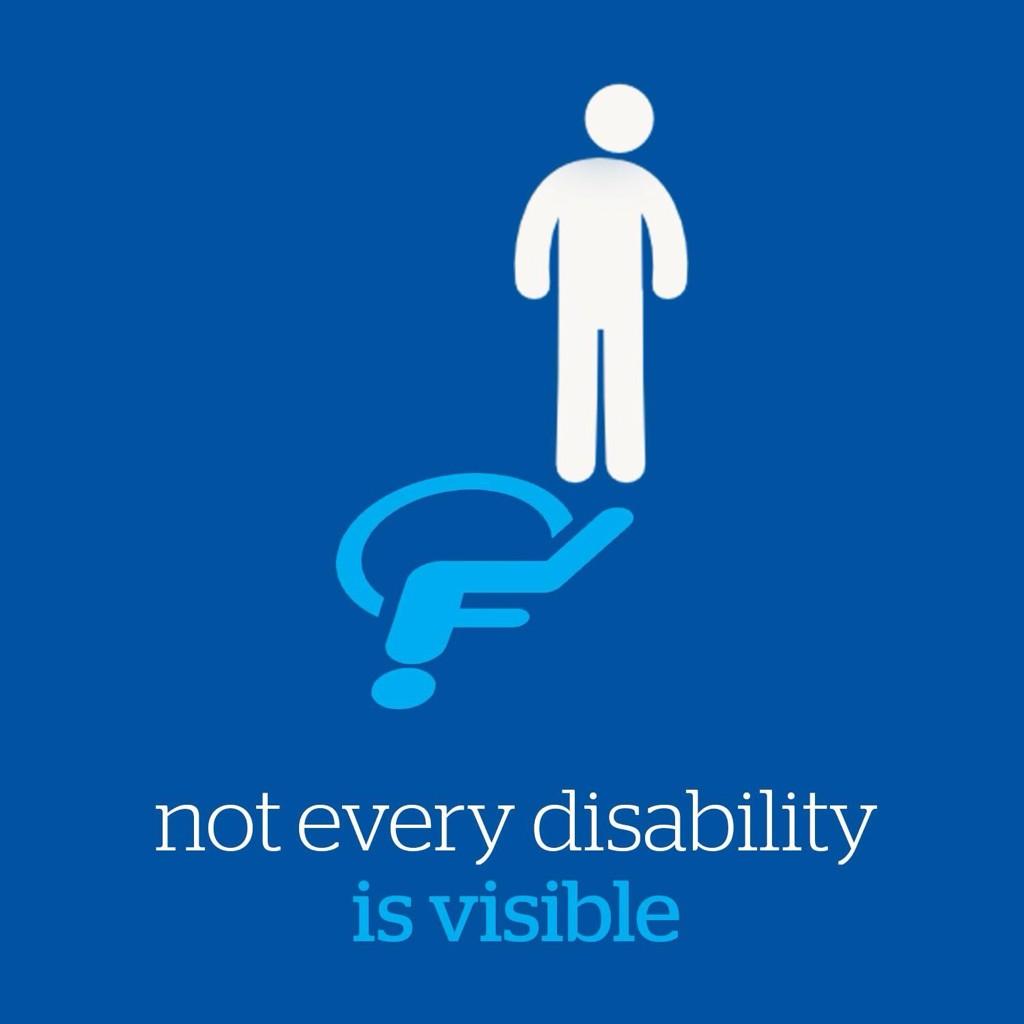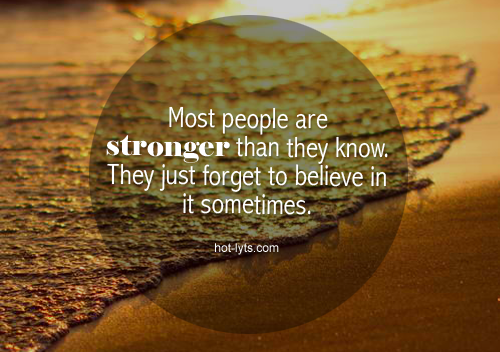 |
| Tumblr via Google Images |
When I am having a particularly difficult time with chronic illness, all of my concerns and worries in being chronically ill with an incurable condition seem to escalate. My mind begins to doubt any positivity I may have been trying to build upon daily and I am left with the turmoil of adjustment. Sometimes, I feel so low with the continuous, daily fight against pain that I feel like my heart is breaking over the outcome. I worry, I stress and I feel sad that life is particularly bleak at present. I feel low over never receiving any respite and quite frankly, I feel sick of being sick. I believe that this is a common setback in many who live with chronic illness. Knowing full well that life currently with these conditions, isn't really any kind of normal no matter the progressive, positive strides you try to implement.
I don't know about those of you reading this, however having received many different chronic illness diagnosis has made me incredibly compassionate for those who I am aware may be facing a tough lifestyle. Especially when those people are incredibly young. Maybe it is only because I have been in this position for a long period of time, but even then, I still think it is a morally correct attitude. Nobody deserves to be ill, yet it is a terrible shame to have a chronic, disabling illness when typically, your adult life should just be starting. You should not have to face such complex problems so young but you try your best to accept your fate as well as you can. Nobody should have to live in so much pain, that the majority of their week is spent in bed. It makes me more upset to think of others in that situation than it does for myself to often be in it.
Something my Mum has always taught me is that you will never be able to change another person's opinion, yet isn't that one of the concepts of learning in life? I see this partly as frustration and partly as a challenge I want to tackle. Being chronically ill at a young age, opinions have become that of normal over the years. Some I listen and try to take on others, I just struggle to be on the receiving end of. I want to know why someone is so set in their ways when it comes to views on a specific incurable disability or illness when actually, they have never lived a day of it. My illness might be relatively unknown, but it is still having a drastic affect on my ability to live my life. I ponder over those in less fortunate circumstances with no support at all. It's a case of often wishing you didn't actually have an invisible illness and finding a forceful necessity to prove yourself. How can some people be so heartless, cold and unsupportive? I am lucky that for the most part, I have constant support from my parents. Yet when I cross paths with those who disregard my lifestyle or consistent pain, I can not comprehend how they could be so dismissive. Is it just because I don't have a high profile disease or short life expectancy? Does that make my chronic illness and pain any less?
During my time with my deteriorating illness, I have unfortunately been thrown opinions from those who think they know all the correct answers in life. The 'tough love' approach. I've been told how I should deal with my illnesses, how others would deal with it completely differently, been challenged on my pain, symptoms and limits, told to cheer up and that I am actually in a very fortunate position in terms of health. For the most part, when it comes to these kinds of people, we would have better luck drawing blood from a stone when it comes to them grasping any sort of understanding on our daily lives with incurable, multi systemic illnesses. How we are pretty helpless at the hands of something that has a grip on our bodies, trying our hardest to find the positive every step of the way, yet they probably would not believe that is true. It's easy to say, try and focus less on those kind of opinions and people, which often is the better and less emotionally painful solution. However, sometimes it is not so easy to escape.
Often, these people and opinions turn out to be closer to home for some in similar circumstances. Some people in this world will always have purely selfish mindsets and points of views. Yet how would they realistically fathom a lifestyle as such? Would they crumble in the circumstances of disability and ill health at a young age? Would they wish they had more support and helpful, yet positive comments to be on the receiving end of? The projected, outspoken high and mighty attitude is purely prejudice to those living with incurable, chronic illnesses and not in any way supportive or positive. It just makes us feel awful over limits we did not ask for, nor have control over.
My advice to those who have entitlement opinions on young people with incurable, disabling chronic illness. Put yourself in someone else's shoes and if your opinion is harsh and critical, evaluate if it is necessary to project. Just because you cant see the pain overtaking the body, does not mean is does not exist. Those in pain are not moping, they are suffering. They are not choosing to be unable to leave the house, they can't physically cope with or get their pain under control in order to leave the house as much as they wish too. They are not lazy by having to stay in bed, they are chronically ill with more pain in their little finger than you've possibly had all week. They are not miserable, they are probably feeling isolated, alone and depressed at the current state they call a life. Unfortunately, chronic illnesses are no where near to being a cold or the flu where life seemingly carries on. Some illnesses have symptoms that many people in this world, will not receive or deal with in a lifetime. Chronic, long term illness can sadly lead to a disability and housebound existence at many intervals for long periods of time. Chronic illnesses can require aids, countless medications, carers. It can hurt deeply to have those you regard as close to you doubt your pain, lifestyle or abilities. To feel judged and like you need to prove yourself and your chronic illnesses. To feel like you need to possibly break in front of them for them to realise how tough it is.
Be conscious around those who are chronically ill, they are probably not in a good place whilst staring in the face of abnormal adversity. With forms of health changing unexpectedly on an everyday or hourly pattern. Find it within yourself to support them on their bad days more than their good. I can tell you for a fact, that receiving support on the bad days, which are 90% more frequent in a month is of more worth to us than on the good days. Don't kick them when they are already down and struggling with adjustment to a new reality, one incredibly parallel to that of a healthy young adult. Any regular abilities of a young adult have probably gone out of the window and they are trying their hardest to adapt and accept whilst watching everyone else of similar age, live. Probably one of the hardest parts of having an illness.
What I was trying to get across that actually, when you smile or laugh, your pain is very much present. When you stand before someone, your pain is very much present. Pain is never not present and on a scale, it is probably never lower than a 6 on a 'good day'. It's not as simple as being told to get out more for your well being and to make the most of life by doing more. Being able to go out is not a task of ease, it is not something we can do second nature otherwise, well we would be working, attending university and socialising like the average young adult. Usually, our pain is so bad that all we can actually do is lie down and sleep. It's not that we do not want to, its that we physically can not shake the pain off the majority of the time. When we do, brilliant, however we are not pain free and that is important to realise. We do not dip in and out of pain, our unpredictable, quite frankly incomprehensible symptoms do not leave our side for any upcoming event. Life would still be working like clockwork if that was the case and we would not have the title of 'chronic'.Everyday is a challenge and we deal with it as it happens, as best we can. We do not have the beauty and joy in life to be completely spontaneous, to set time limits and to do as we please because pain, head to toe is a part of our package.
It can be difficult, yet try to remember that it is very easy for outsiders to make assumptions on your current lifestyle. However, there are always people who will understand. If you are new to this chronically ill lifestyle or have no support from others, let me assure you, you are not alone in your fight. There are many other young people who are just like you who have been through it and will be willing to support you. Weirdly, we were possibly once all in relatively good health, taking it for granted, not knowing what exactly was around the corner. It is a reminder that the less supportive people still have a lot to get through in life and may understand one day what it is like to need and provide compassion to those in need.









